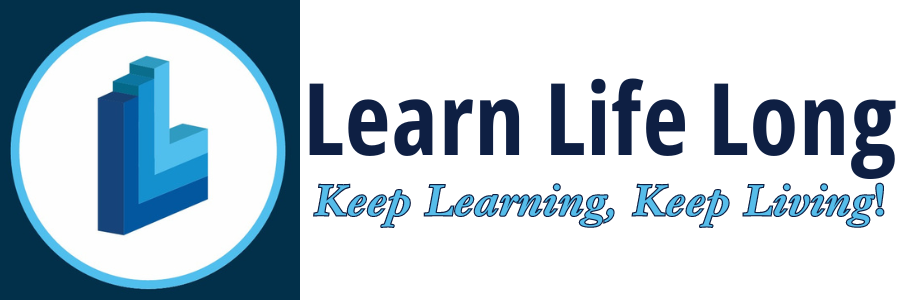Every day we face challenges in life, whether they are making decisions that may affect our future or resolving issues at school or at college. However, how can we make sure that our teenagers and young adults are prepared for these situations? Life is an ongoing experience with many difficulties and roadblocks. These difficulties for students could include completing assignments, dealing with peer pressure, or choosing a professional path. Critical thinking and effective problem-solving skills, however, can turn these obstacles into stepping stones for success. Although they are sometimes disregarded in traditional education, these essential abilities are necessary to succeed in the complex world of today.

Students that possess critical thinking and problem-solving skills are better equipped to handle challenging circumstances, discover difficult problems, and come up with original solutions. Although these abilities can seem like something you either have or don’t, everyone can actually acquire and perfect them with the right training and practice.
The capacity to completely assess and analyze data in order to arrive at informed choices is known as critical thinking. It involves thinking through potential consequences, weighing different viewpoints, and posing the appropriate questions before making a decision. This ability enables students to approach issues with an open mind and stay clear of making choices that are primarily motivated by feelings or assumptions.
Students are often faced with huge amounts of information in educational settings. Distinguishing important information from noise becomes difficult in a lack of critical thinking. A student who is capable of critical thought is engaged with the material, not just memorizing it. They evaluate sources, challenge opinions, and reach logical conclusions, which results in a deeper understanding of the topic.
Problem-solving involves action, whereas critical thinking involves analysis of a situation. It involves identifying the cause of the issue, coming up with possible fixes, and deciding on the best course of action. The capacity to solve problems is essential for students, regardless of the situation—be it social troubles, academic difficulties, or future professional decisions.
For example, when a student is presented with a difficult project deadline, problem-solving skills come into play. Rather than panicking, they can divide the assignment into smaller, more manageable parts, prioritize them, and develop a strategy for finishing the project on time. This intentional approach minimizes anxiety and leads to better results.
Problem-solving also builds resilience. When children learn to solve problems on their own, they become more self-sufficient and less dependent on others for assistance. This not only develops their confidence, but also qualifies them for situations in life demanding them to stand on their own.
Analytical skills are necessary for critical thinking and problem solving. Students must be able to break down difficult situations, evaluate multiple elements, and connect different bits of information. Analytical thinking enables people to approach problems logically, find patterns, and develop practical plans based on data and evidence.
In today’s fast-paced world, analytical skills are insufficient. Creativity and innovative thinking are both vital. These methods inspire students to think outside the box and investigate other answers. In an age where innovation is valued, creativity enables students to investigate new possibilities and apply new views to classic challenges. For example, when students encounter difficult exams or develop new projects, creative thinking will differentiate them.
Pressure is essential in life. Whether it’s exams, pressure from peers, or job options, students will be forced to make decisions under pressure. Decision-making abilities assist students in staying calm during these times and ensuring that they make informed rather than impulsive choices.
Learning how to balance pros and cons, anticipate outcomes, and consider potential dangers can help students make better decisions. When kids have these skills, they are better able to manage high-stakes situations with clarity and confidence.
In an ever-changing environment, students with good critical thinking and problem-solving abilities will have an important advantage. These qualities not only help in their academic success, but also prepare kids for everyday challenges. Critical thinkers and problem solvers will lead with confidence, whether they are dealing with personal issues, making career decisions, or contributing to society.
Students can set themselves up for a bright and satisfied future by acquiring and mastering these abilities now.
Ready to equip your teen or young adult with the life skills they require to succeed? To learn more, contact Sajjan George, a Life Transformation Coach. My coaching focuses on helping teenagers and young adults develop critical thinking, problem-solving skills, and emotional intelligence, as well as understanding and managing their emotions. This leads to stronger connections, improved academic success, and personal development.
